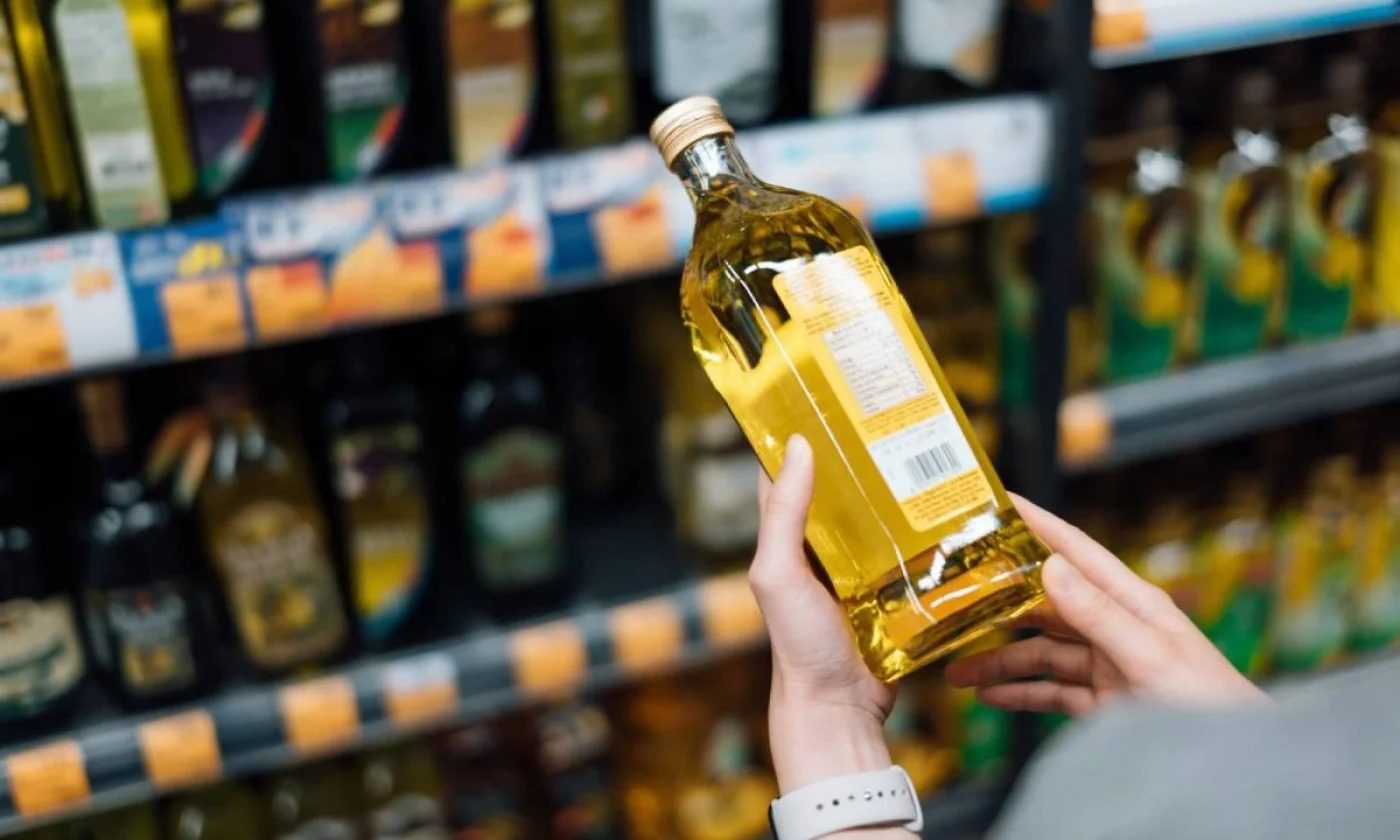
The United Kingdom has launched its first domestic olive oil, a project born from a casual conversation in a Cornish pub and led by Nik Butcher, founder of ValleRuan. This initiative marks a quiet agricultural revolution in the remote British countryside, with 500 olive trees now planted in the village of Roseland, Cornwall.
The idea of growing olive trees in Cornwall had been brewing for decades in Nik’s head, whose great-grandfather was an Italian olive grower. Although the family tradition was temporarily lost after emigrating to the UK in the 1930s, Nik and his team revived this knowledge through tutorials and advice from foreign producers, successfully bottling the first British olive oil last winter.
ValleRuan’s olive groves are strategically located overlooking the sea, where the Atlantic meets the English Channel. This proximity to the sea significantly influences the flavor of the oil, giving it a rich, spicy profile with a surprising salty note. The varieties grown are Picual and Arbequina, selected for their robustness and ability to adapt to colder climates, as well as their rapid yield. Furthermore, mature trees were chosen to ensure a harvest in the first season.
Beyond oil production, ValleRuan focuses on traditional and community-based harvesting methods, inspired by the practices of Nik’s great-grandfather’s home village in Italy. This approach rejects machines, pesticides, and corporate strategies, promoting an annual manual harvest that resembles a community celebration rather than an industrial operation. At the end of each harvest day, a large picnic is organized for all participants, reinforcing the idea that the farm is a driving force for community building.
The Roseland Peninsula, where the olive grove is located, is an Area of Outstanding Natural Beauty. Nik and his team are working to make the olive groves more accessible to visitors, installing benches between the trees and planning to open a small visitor center. At this center, those interested can learn about olive oil and even “adopt” an olive tree, giving it a name and thus contributing to a fun, interactive experience.
Despite its ambitious ambitions, the ValleRuan project intends to remain small-scale, limiting the number of trees to 10,000. Nik Butcher emphasizes that the goal is to maintain a “human” process, with manual harvesting and a focus on community, prioritizing flavor over production volume. The proximity to the sea, while providing a distinctive flavor, also brings challenges such as the need for more frequent pruning and lower yields compared to Spanish olive trees. With only 2.5 liters per tree per harvest (compared to 4-5 liters in Spain), British oil is more difficult and slower to produce, but Nik emphasizes that it is “more intense and with more personality,” which has made it easier to sell to local restaurants, shops, and direct customers at a price of 15 pounds for a 250ml bottle.
ValleRuan is not the only such project in the UK; At least three other farmers are growing olive trees with the goal of producing British olive oil, including the English Olive Company in the East Midlands, which plans to launch its first oil next year. This agricultural development comes against a backdrop of climate change, where traditional producing countries face uncertainty. In Spain, for example, last year’s heatwaves severely impacted production.
However, Nik Butcher clarifies that the goal is not to compete with large commercial olive oil producers in Spain or Italy. With milder winters and warmer summers in southern England, there is an opportunity for a boutique, locally grown olive oil that can coexist with smaller producers across the Mediterranean.
The emerging olive oil industry in England is compared to the successful rise of the British wine sector, which has grown from a curiosity to a serious global competitor. As Nik concludes, if UK vineyards can produce world-class wines, there’s no reason they can’t do the same for olive oil.
The British agricultural sector constantly navigates volatility, a pattern recently observed in the British wine industry. While UK vineyards have enjoyedDespite periods of success, winning awards and benefiting from warmer seasons, the business remains vulnerable to unpredictable weather patterns. However, climate models suggest an undeniable, long-term arc of progress, with summers projected to be consistently warmer in the coming decades. This trend has led entrepreneurs to seek the next high-value crop, and many now believe that British olive oil is the next big thing.
The growing interest in British olive oil is driven by simultaneous climate changes in both the UK and the Mediterranean. Traditional major producing countries, including Spain, are facing increasingly difficult conditions. Droughts in southern regions have stressed olive trees, leading to smaller fruit yields and effectively pushing the viable latitude for olive cultivation northward. Experts believe Spain’s climate woes could be translated into a gain for Britain, particularly in areas with subtropical microclimates, such as South Devon, Cornwall, and the Isles of Wight and Scilly.
The concept of producing British olive oil is not entirely new. Environmental consultant Mark Diacono planted Britain’s first olive grove in Devon in 2006. Although he correctly predicted that the climate would eventually be suitable, his timing was premature, and the initial groves perished during the harsh winter of 2009-10. However, the tide appears to have turned. More promising ventures have emerged in recent years. David Hoyles planted his family’s first olive grove in the Fens, and in Essex, Peter Thompson has planted 2,000 ambitious trees on a dry peninsula near Harwich, demonstrating growing confidence in the viability of the crop.
Despite this renewed optimism, significant challenges remain for the commercial production of British olive oil. Cold snaps and late frosts continue to pose a threat, similar to the conditions in northern Italy. According to Charles Quest-Riston, the first Englishman to qualify as an olive oil taster, the average summer temperature in Britain still needs to rise by an additional 6°C to meet the minimum requirements for commercial-scale olive cultivation found in the Mediterranean.
It is unlikely that Britain will produce olives as large or juicy as those grown in Spain. However, this potential difference may define the unique character of British olive oil. To avoid late autumn frosts, olives will likely need to be picked earlier in the ripening process. This early harvest is expected to result in a more acidic or “spicy” oil. While this may be an acquired taste, it is predicted to be a high-quality delicacy, ultimately establishing a distinctive identity for British olive oil in the global market.
Important Note: aceitedelcampo.com promotes the consumption of extra virgin olive oil for its culinary qualities and health benefits. However, no medication or current treatment should be replaced without the guidance of a healthcare professional.
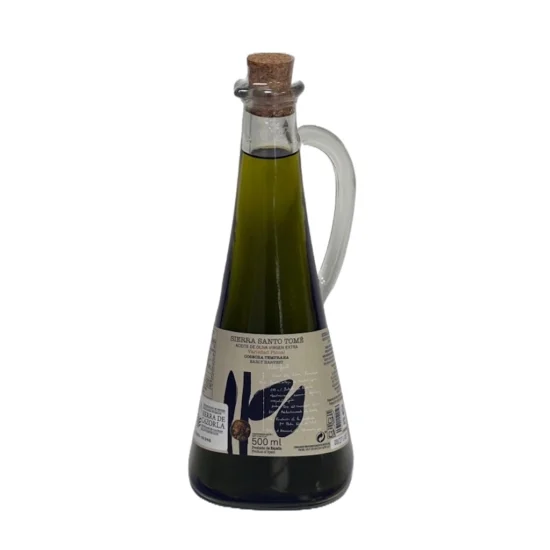
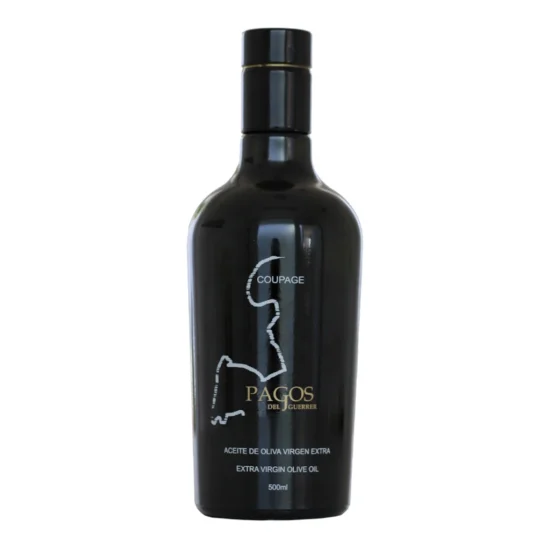
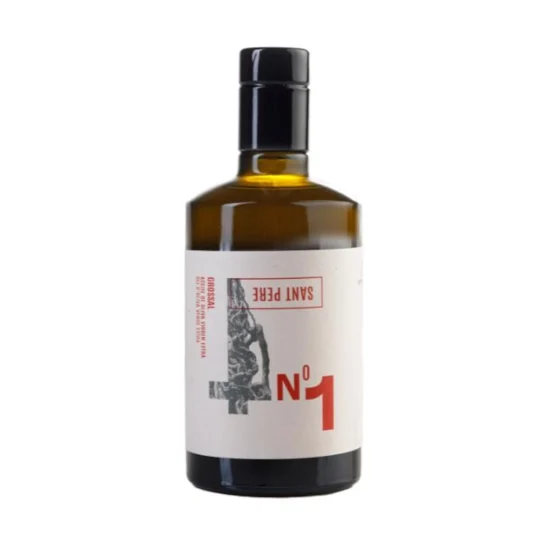
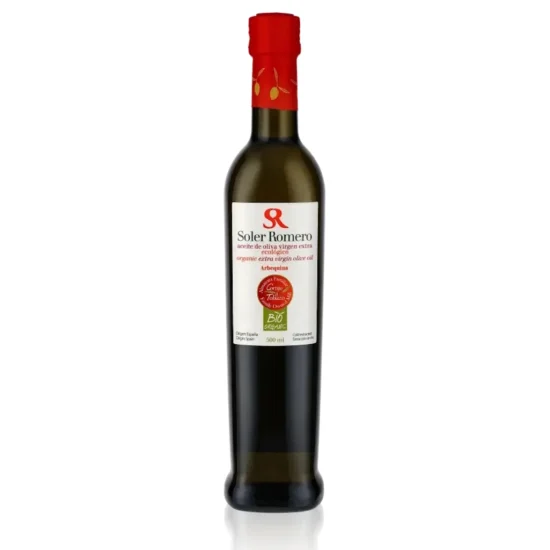
Subscribe and receive a coupon by email for your next purchase.